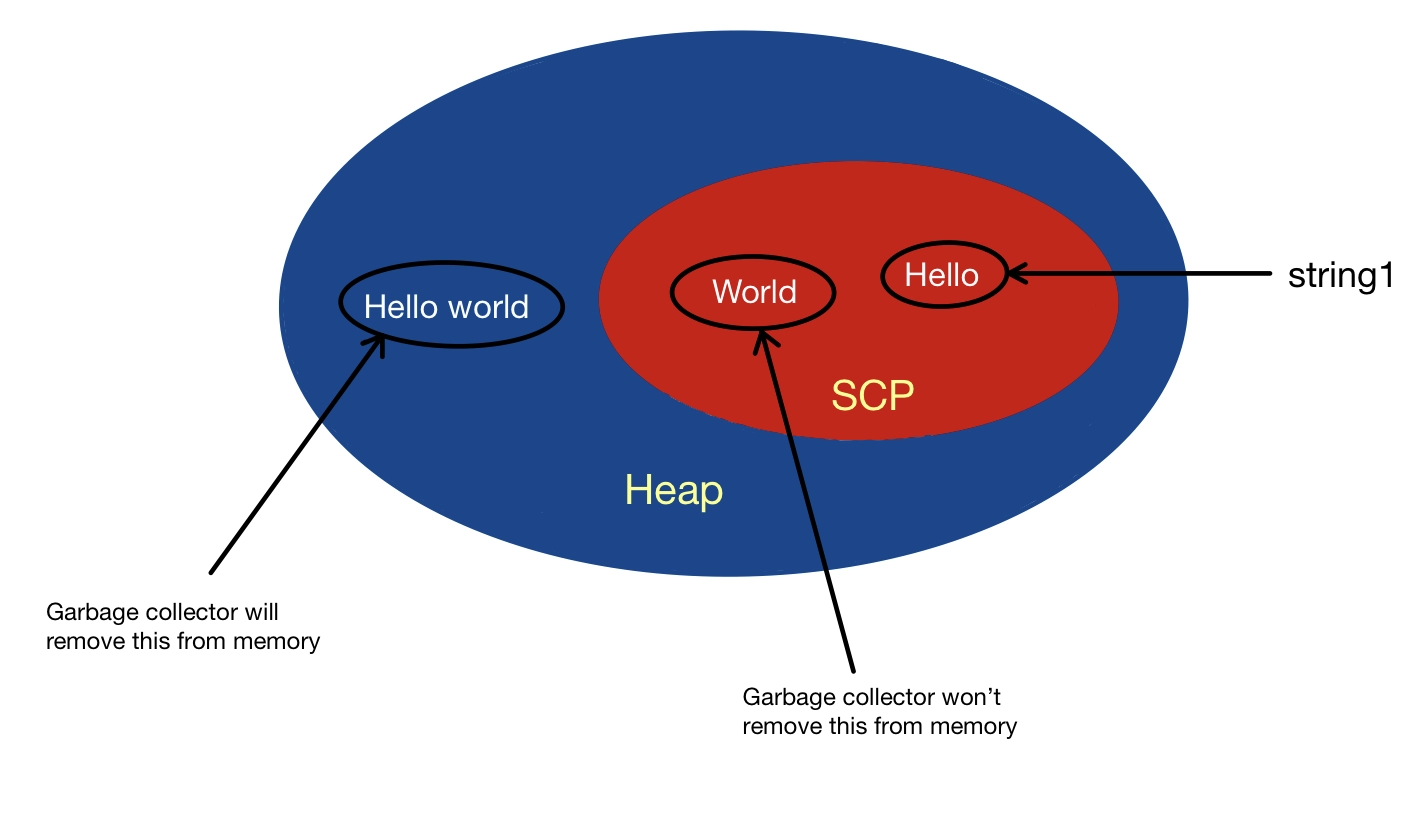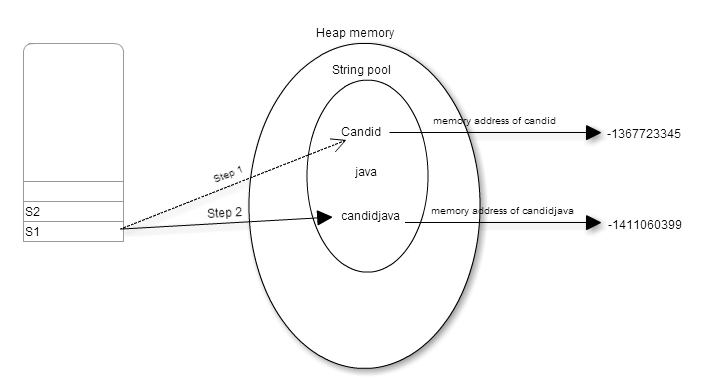Immutable Strings: A Trick Element in Ensuring Information Consistency and Reliability
In the realm of information administration, the relevance of immutable strings can not be overstated. These imperishable sequences of personalities play a pivotal duty in maintaining the stability and accuracy of information within systems. By keeping a state of immutability, data consistency is made certain, fostering a structure of integrity whereupon vital procedures rely. The principle of unalterable strings goes beyond mere technicality; it is a linchpin in the facility internet of information administration. As we discover the benefits, execution techniques, and practical applications of unalterable strings, a more clear photo emerges of their crucial nature in securing the digital landscape.
The Idea of Unalterable Strings
Unalterable strings, a basic principle in programs, describe strings that can not be changed when they are created. In significance, as soon as a string value is designated, any type of procedure that appears to change the string in fact develops a brand-new string. This immutability ensures information consistency and integrity in applications, as it prevents unexpected modifications to the original data.
Advantages in Information Consistency

Data uniformity is crucial in different aspects of software development, consisting of database administration, multi-threaded settings, and distributed systems (Why are strings immutable in Java?). Immutable strings contribute substantially to accomplishing this consistency by avoiding information corruption because of simultaneous gain access to. In circumstances where several processes or threads communicate with the same data simultaneously, unalterable strings serve as a safeguard against race problems and synchronization issues
Furthermore, the immutability of strings simplifies debugging and screening processes. With immutable strings, programmers can rely on that once a string is established, it will certainly remain the same, making it simpler to map the source of errors and ensuring that test instances produce regular results. This reliability in data managing ultimately causes a lot more secure and robust applications.
Applying Immutable Strings
Making certain the immutability of strings needs a thoughtful method to their implementation in software application development. One key strategy is to develop string courses in a manner that avoids adjustments when a string object is produced. By making strings immutable, programmers can improve data uniformity and reliability in their applications.
To implement unalterable strings efficiently, programmers ought to prefer creating brand-new string objects instead than customizing existing ones. This practice makes sure that once a string is appointed a value, it can not be changed. Furthermore, any procedure that appears to modify the string must develop a brand-new string with the wanted changes as opposed to altering the initial.
Moreover, making use of immutable strings can streamline concurrency management in multi-threaded atmospheres. Given that unalterable strings can not be altered after production, they can be securely shared amongst multiple threads without the danger of information corruption.
Duty in Dependability Guarantee
In software growth, the use of unalterable strings plays an essential duty in ensuring the dependability of information operations. Immutable strings, when produced, can not be modified, ensuring that the data they represent stays consistent throughout the application's execution. This immutability residential property offers a level of assurance that the data being processed will certainly not be inadvertently changed, resulting in unanticipated end results or mistakes in the system.
By including immutable strings right into software application style, developers can boost the dependability of their applications by lessening the dangers connected with mutable information - Why are strings immutable in Java?. Unalterable strings aid in preventing data corruption or unintended alterations, which can be particularly vital when handling delicate details or when information stability is critical
Additionally, the usage of immutable strings simplifies simultaneous processing, over at this website as several threads can securely gain access to and share string data without the risk of one string altering the web content while one more reads it. This facet adds considerably to the total dependability of the software application system, making sure foreseeable and constant behavior in information taking care of operations.
Applications and System Integration
The seamless assimilation of unalterable strings right into numerous applications and systems is pivotal for ensuring durable data consistency and dependability across varied technological settings - Why are strings immutable in Java?. Immutable strings play a critical role in improving the stability of information exchanges and browse this site interactions within facility software program environments. By integrating immutable strings into applications, programmers can reduce the risks connected with information meddling, unapproved modifications, and inadvertent changes, therefore fortifying the overall protection posture of the system
Immutable strings can improve interoperability between disparate systems by supplying a standardized layout for data depiction, making it possible for extra effective information handling and exchange protocols across interconnected platforms. By taking on immutable strings in applications and system combination procedures, organizations can strengthen their information infrastructure and promote the dependability and consistency of their info assets.
Verdict
To conclude, unalterable strings play an essential duty in keeping data uniformity and integrity in numerous applications and system integrations. By making certain that strings can not be altered when produced, the integrity of data is protected, minimizing the risk of variances and mistakes. Carrying out unalterable strings can considerably boost the reliability of systems, ultimately causing even more accurate and dependable information processing.

Comments on “Why Are Strings Immutable in Java? Ideal Practices and Usage Cases”